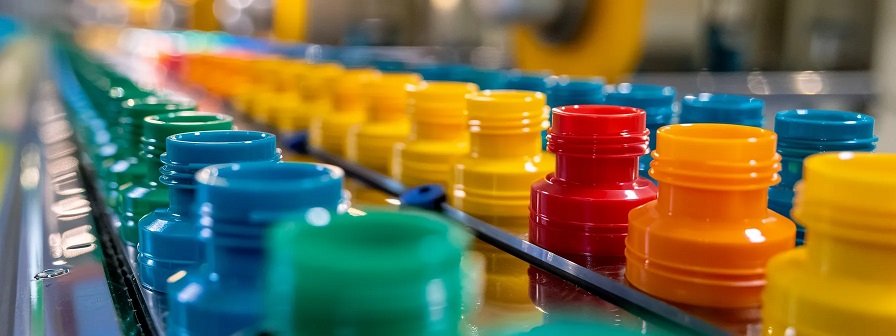In various industrial sectors, the use of plastic plugs and caps is critical for maintaining equipment integrity, ensuring product quality, and streamlining manufacturing processes. These small components may seem insignificant, but they play a substantial role in the protection and finishing of products. They can be found in everything from electronics to aerospace engineering. Understanding their importance can lead to significant cost savings and efficiency improvements. Below, we delve into the numerous benefits these plastic components offer.
Understanding the Role of Plastic Plugs and Caps in Industrial Applications
Plastic plugs and caps are essential for protecting machinery and equipment parts during manufacturing, storage, and transit by blocking contaminants like dirt and moisture. Designed to fit various shapes and sizes, these customizable products prevent damage to critical components, ensuring smooth operations in industries where precision is crucial.
For industries such as automotive and aviation, high-grade plastic plugs and caps are chosen for their durability, resilience, and insulation against extreme temperatures or electrical hazards. Companies can find a broad range of these products at reliable suppliers like https://capsandplugsusa.com/, making it easy to source the right solutions for protection and finishing needs.
Enhancing Product Longevity and Reducing Damage with Protective Solutions
Plastic plugs and caps are essential for product longevity, as they provide a barrier against environmental factors that can cause wear and tear. They extend the usability of parts and components, especially for machinery exposed to corrosive substances or abrasive conditions.
Customized plugs and caps also help prevent accidental damage during routine maintenance or storage, reducing downtime and the frequency of needing part replacements. The selection of appropriate materials, such as UV-resistant plastics for sunlight-exposure products and chemical-resistant variants for aggressive chemical environments, optimizes protection and contributes to the product’s durability and longevity.
Streamlining Manufacturing Processes Using Plastic Plugs and Caps
Plastic plugs and caps are being integrated into manufacturing processes to improve system efficiency and product consistency. They can be applied quickly and easily, reducing manual labor and human error. This results in a smoother production line, allowing businesses to meet their throughput goals more reliably. Plastic covers offer convenience and flexibility, especially in assembly lines.
Automated application systems have streamlined the placement and removal of these components, reducing labor costs and expediting production timelines. Ergonomics is improved, as workers are spared from repetitive manual tasks. Optimal organization and inventory management ensure the components are readily available, eliminating delays. This standardization enhances the end product and customer satisfaction.
The Environmental Impact of Plastic Plugs and Caps in Sustainable Industries

Industries are shifting towards sustainability, with plastic plugs and caps being a key component. Manufacturers are choosing biodegradable and recyclable plastics for their products, which contribute to a circular economy. These products are repurposed at the end of their lifecycle, reducing waste and conserving raw materials. Balancing sustainability with performance remains a challenge.
Advances in material science have led to the development of eco-friendly plastics that maintain industrial use’s protective qualities. Manufacturers must research and adapt these materials to maintain quality without compromising on environmental impact. Implementing take-back programs or recycling initiatives can further promote sustainability and environmental stewardship among consumers and partners.
Best Practices for Selecting and Implementing Plastic Plugs and Caps in Various Industrial Settings
Selecting the right plastic plugs and caps for industrial use requires considering specific application requirements, such as temperature exposure, chemical contact, and mechanical stresses. Consulting with expert suppliers can provide guidance on material selection and design features. The fit of these products is crucial for their effectiveness, with loose ones falling off and tight ones causing damage. Custom-designed solutions may be necessary for unusual shapes or sizes.
Cost-effectiveness is also important, with bulk purchases and long-term supply agreements resulting in cost savings and consistent supply. Verifying product quality upon delivery can prevent production issues and prevent defective outputs. Training staff on proper use and handling of these protective components can significantly contribute to their optimal implementation, ensuring uniform product quality and reduced damage due to incorrect fitting or removal techniques.
Altogether, plastic plugs and caps play an indispensable role in a wide range of industrial applications. Their benefits extend from protecting critical components to streamlining manufacturing processes and supporting sustainable practices.
